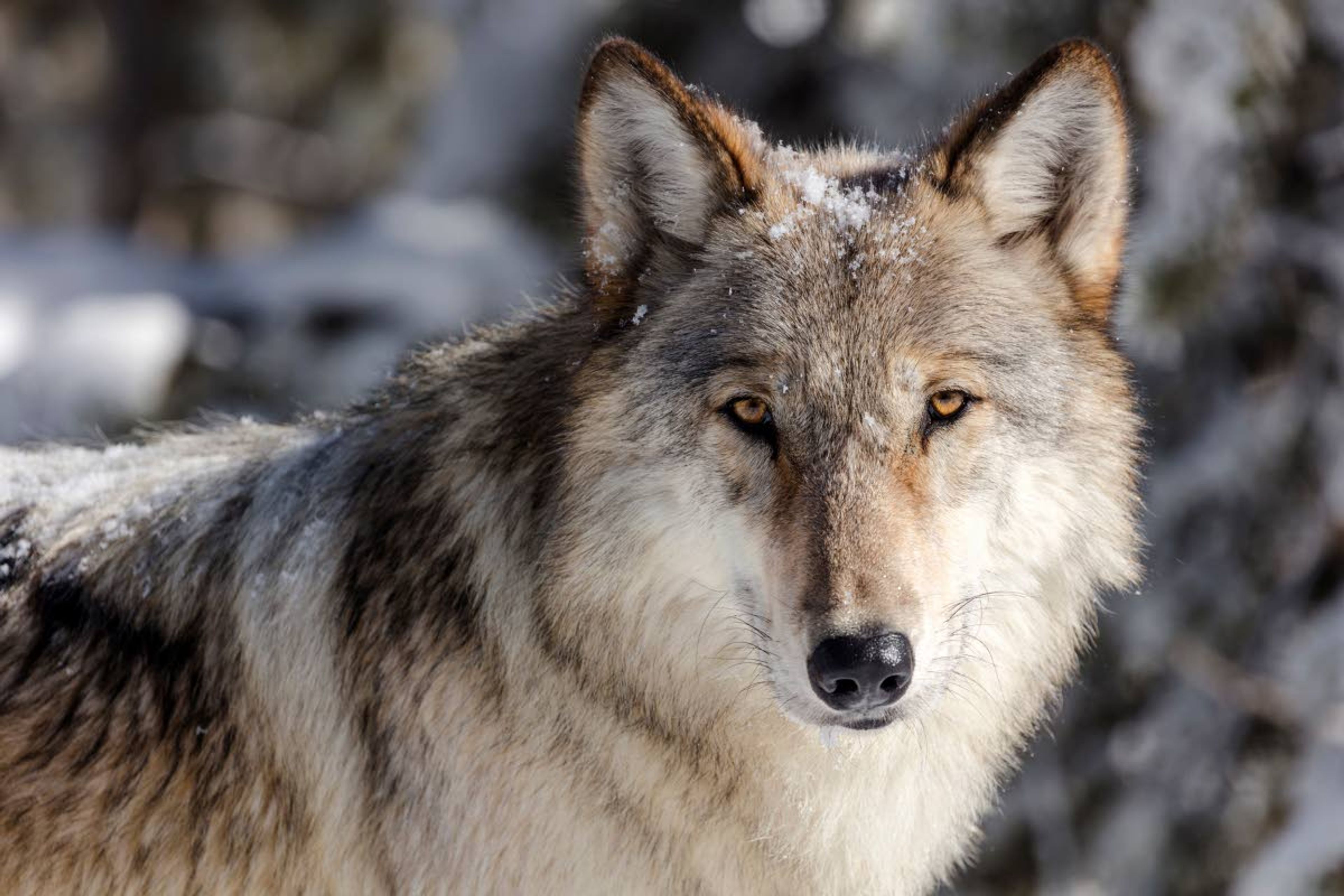Idaho wolf control board will have $1 million to kill wolves
BOISE — State officials Wednesday requested $392,000 from the general fund to kill wolves in Idaho, and with other revenue sources will have more than $1 million for that purpose starting this summer.
The Wolf Depredation Control Board made the request to the Legislature’s powerful budget setting committee.
The five-member wolf control board is contained within the governor’s office and allocates money for control actions approved by the Idaho Fish and Game Commission.
The board’s general fund request is the same as last year, but a change in Idaho law last year is sending an additional $190,000 to the board from fees paid by hunters and trappers to the Idaho Department of Fish and Game.
Besides general fund money, the Wolf Depredation Control Board will also receive $300,000 from Fish and Game and $110,000 from livestock producers. The money goes into the Wolf Control Fund, which has an existing balance of about $230,000.
The Joint Finance-Appropriations Committee is setting state agency budgets for fiscal year 2023, which starts in July. It will make a decision on the wolf control board’s general fund request later this session.
Idaho expanded wolf killing last year with legislation that lawmakers said could lead to killing 90% of the state’s wolves, which at that time had an estimated population of 1,500.
Fish and Game spokesman Roger Phillips said Wednesday the agency was finalizing its current population estimate and would release details next week. Phillips said that since July, 266 wolves were killed — hunters in the state have killed 134 and trappers have killed 132.
The Wolf Control Board signs off on paying the U.S. Department of Agriculture’s Wildlife Services to kill Idaho wolves. In 2021, the federal agency killed 40 wolves, down from 74 in 2020, Jared Hedelius, the agency’s Idaho director, told the budget committee on Wednesday.
Chanel Tewalt, deputy director of the Idaho Department of Agriculture, told lawmakers that 65 confirmed wolf kills of livestock occurred between July 1 and Nov. 30 last year.
Idaho lawmakers last year made significant changes involving killing wolves, including allowing Fish and Game to enter into contracts with private entities to kill wolves. Fish and Game late last year announced it had reached an agreement with a nonprofit hunting group to reimburse the expenses for a proven wolf kill.
Besides setting up the reimbursement program, the new law also expands killing methods to include trapping and snaring wolves on a single hunting tag, no restriction on hunting hours, using night-vision equipment with a permit, using bait and dogs, and allowing hunting from motor vehicles. It also authorizes year-round wolf trapping on private property.
The U.S. Fish and Wildlife Service in September, at the request of environmental groups concerned about the expanded wolf killing in Idaho and Montana, announced a yearlong review to see if wolves in the U.S. West should be relisted under the Endangered Species Act. Lawsuits have also been filed challenging aspects of the expanded wolf killing.


